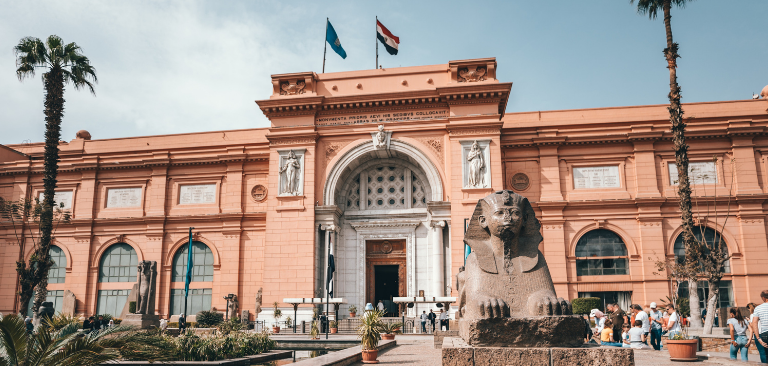An Australian citizen has finally returned home after spending 10 months in a prison in Cairo over a Facebook post. The Egyptian government continues to ignore human rights and is notorious for arbitrarily detaining human rights activists and critics.
Early this year, in January, Waled Youssef visited his family in Cairo. However, he did not get to spend time with family as planned as he was arrested and sent to Tora Prison in Cairo.
Youssef was detained by local police while sightseeing with his family. The officers went through his belongings and scrolled through his Facebook timeline. He was then accused of being a member of a banned political group because he had liked a post by a former presidential candidate, who has been in prison since the last election.
However, according to the lawyers of the 45-year-old Youssef, he has never belonged to any Egyptian political party, let alone a banned political group. But the Egyptian authorities were having none of it and denied appeals and even prevented him from getting visitors.
As a result, Youssef’s lawyers had to lobby the Australian government and the United Nations to intervene. Eventually, an Egyptian court ordered his release on October 14. He was released from the prison, where he was sharing a small cell with about a dozen other prisoners, 12 days later. He then had to wait several weeks for a flight back home to Australia.
In a statement released by his lawyers on his return home, he expressed his relief at being back home finally.
“I never would have expected a trip to visit my family would see me thrown into Tora prison. It was the most harrowing experience 10 months of my life. I just want to heal and recover from this unbelievable and horrendous experience,” he said.
The Egyptian government does not take kindly to criticism, especially on its stand on human rights. About two weeks ago, at least two members of the human rights advocacy group Egyptian Initiative for Personal Rights (EIPR) were arrested for attending a meeting with diplomats from Europe. The charges were, among others, “spreading false news” and “joining a terror group.”
Even private citizens of other nations could be jailed if they like posts from opponents of the Egyptian government.













